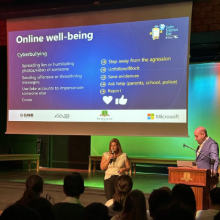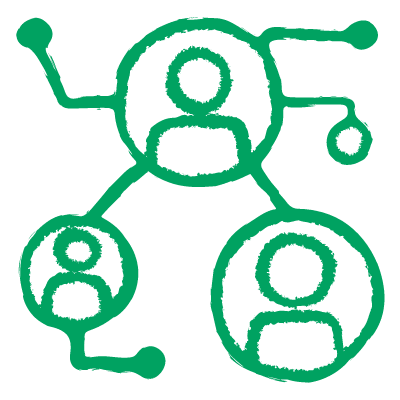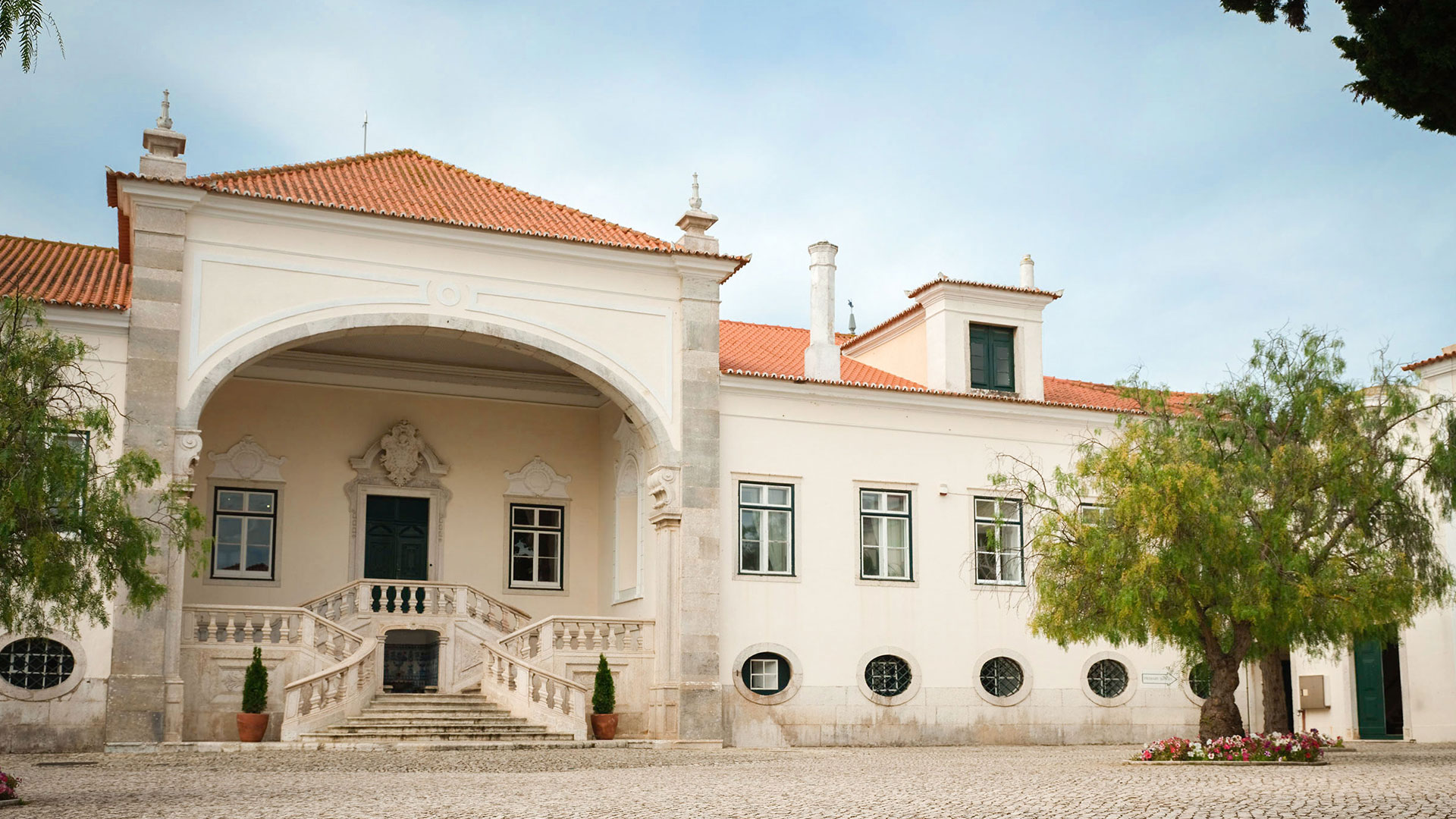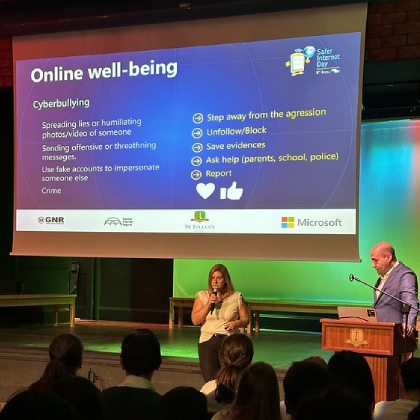SJS Hosts Informative Sessions on Online Safety with Microsoft

St. Julian’s School had the pleasure of hosting a series of informative sessions aimed at educating both parents and Key Stage 3 students about the various dangers present in the online world and the strategies to avoid them. These sessions, conducted by volunteers from Microsoft, were designed to enhance the digital literacy of our community and to promote safer online practices.
Over three separate sessions, two knowledgeable volunteers from Microsoft engaged with parents and students from Key Stage 3 and those in the bilingual curriculum. The presentations were tailored to address the unique concerns and challenges faced by each group, ensuring that all participants received relevant and practical information.
The sessions covered a wide range of crucial topics, starting with digital citizenship, emphasising the importance of responsible and respectful online behaviour. Students and parents learned about the significance of creating a positive digital footprint and how their online actions can impact their real-world reputation and opportunities.
Another key focus was on the dangers of misinformation. The speakers from Microsoft highlighted how easily false information can spread on social media and other digital platforms. They provided tips on how to critically evaluate sources to distinguish between reliable information and misleading content.

Cyberbullying was also a major topic of discussion. The sessions provided insights into the different forms of cyberbullying, the psychological impact it can have on victims, and effective ways to prevent and respond to such behaviour. Parents were given advice on how to support their children and recognize the signs of cyberbullying, while students were encouraged to speak up and seek help if they or their peers were targeted.
In addition to these topics, the sessions delved into the serious issue of identity theft and data protection. Attendees learned about the tactics used by cybercriminals to steal personal information and the measures that can be taken to safeguard their identities and personal data. Practical tips included using strong, unique passwords, enabling two-factor authentication, and being cautious about sharing personal information online.
Finally, the sessions explored artificial intelligence (AI) and its practical applications. The volunteers from Microsoft, whose project has been shared nationwide, explained how AI is integrated into various aspects of our daily lives, from virtual assistants to personalized recommendations. They also discussed both the benefits and potential risks associated with AI technology. They emphasized the importance of ethical considerations and the need for responsible development and use of AI.
The feedback from parents and students was overwhelmingly positive, with many expressing appreciation for the valuable insights and practical advice provided. These sessions have undoubtedly equipped our community with the knowledge and tools needed to navigate the digital world more safely and responsibly.
St. Julian’s School is committed to fostering a safe and supportive environment for our students, both online and offline. We are grateful to Microsoft for their partnership and to the volunteers who took the time to share their expertise with us. We look forward to continuing our efforts to promote digital literacy and online safety in the future.
Dra Joana de Sousa, Principal of the Bilingual Curriculum


















.png&command_2=resize&height_2=85)











